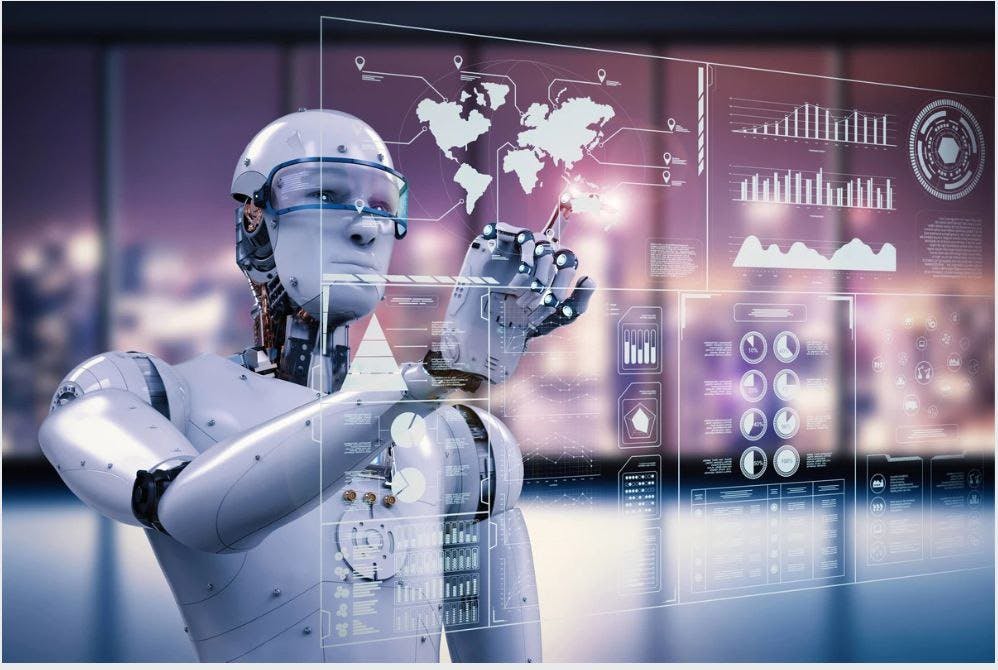Hackernoon
1M
153

Image Credit: Hackernoon
AI Needs Two Things To Thrive: Trust And Decentralization
- Samsung plans to create AI-powered home appliances with blockchain security-grade architecture through its Knox Matrix framework creating a ‘Trust Chain’ to secure smart homes against potential cyber threats.
- Many tech companies are recognising that AI needs blockchain and vice versa, as they intersect and reinforce each other in the development of new technological advancements.
- According to UK’s Secretary of State For Science And Technology, Peter Kyle, building trust in AI systems is critical to their success in improving public services, boosting productivity and rebuilding the economy.
- Traditional AI systems are limited in their potential for innovation by large corporations wielding control of the distribution and accessibility of AI data, which can only learn from a narrow range of comprehensive datasets.
- Additionally, user data privacy is limited in traditional AI systems where centralized control collects and stores sensitive data with limited user control over how it is used.
- Decentralized AI offers advantages such as improving the quality of AI data, fostering decentralized ownership of data while preserving users’ privacy and security, promoting open collaboration by rewarding collaborative data sharing and participants’ contributions to AI model development and increasing transparency and trust.
- Famous AI advocate, Cathy O Neil, claims decentralized AI democratises access to AI technology by breaking down the barriers of centralization.
- Building a responsible, efficient, and inclusive AI ecosystem is at the heart of decentralized AI and marks a shift away from reliance on centralized control of vital AI data, which will improve the quality of data and the efficiency of AI systems across various industries.
Read Full Article
9 Likes
For uninterrupted reading, download the app